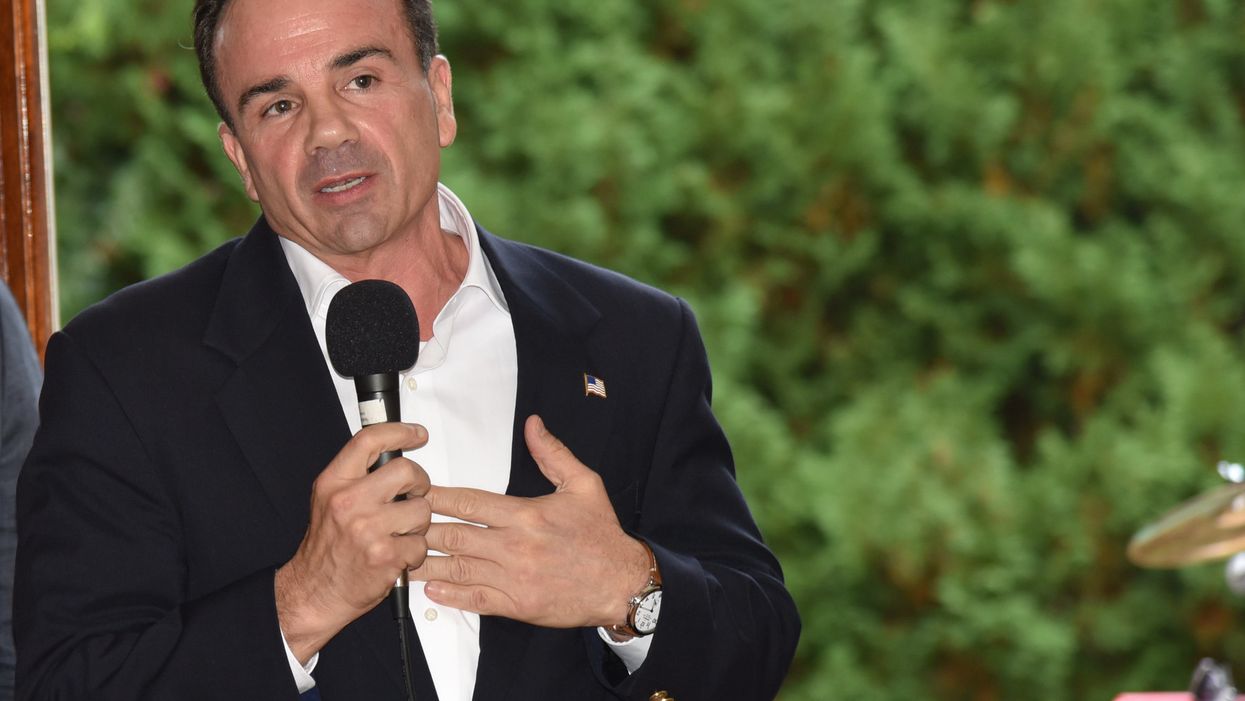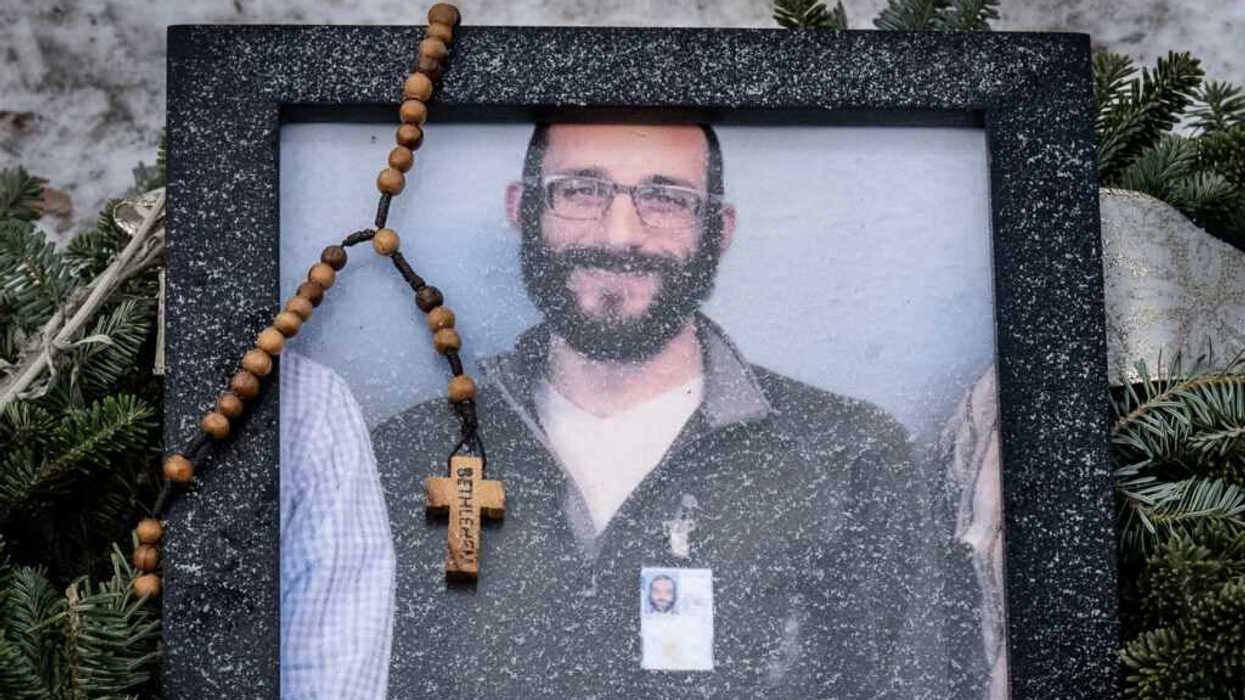Connecticut, already among the easier states for casting a vote, would give its citizens even smoother access to the polls under legislation Democratic legislators are hoping to put on a fast track.
Thirty of the state House's more progressive members are pressing Gov. Ned Lamont, a fellow Democrat, to call the General Assembly back to Hartford this fall to resurrect legislation of his that died under the threat of a Republican filibuster in the state Senate this spring.
Fueling arguments both for and against making it easier to vote in the state are the suspicions of fraud dogging the election for mayor of Connecticut's biggest city, Bridgeport.
GOP legislators say what's happened there shows that a state with a history of corrupt politics is in no position to increase the potential for fraud. But voting rights advocates say expanding the franchise is what really matters. They estimate as many as 250,000 people in the state are eligible to vote but are unregistered — equal to about 10 percent of the 2.4 million who are registered.
Republicans are mainly opposed to a pair of provisions in the legislative package.
One would be to restore voting rights to convicted felons as soon as they're released from prison, which is now the law in 17 states including most of the others in New England. Connecticut and 20 other states restore the franchise to felons only after their parole has ended, and GOP leaders say that's as it should be.
The other would add the state to the roster of 16 where eligible people are automatically added to the voter rolls (unless they ask not to be) whenever they do business with the Department of Motor Vehicles. Some GOP lawmakers say this could spurn fraudulent registrations and that the current system, which invites people at the DMV to register, is sufficient.
"At a time when many states are implementing restrictive policies that turn voters away, Connecticut has a unique opportunity to become a progressive leader on elections," one-third of the 90 Democrats in the state House wrote last week in urging the governor to recall the lawmakers before February. "It is crucial that we act in special session to ensure many of the protections you included in your package are in place in time for the 2020 elections, especially in light of threats to our voter enfranchisement."
Other aspects of their bill are not very controversial, including expanding online registration by permitting electronic signatures and expanding the number of places where people could both register and cast ballots on Election Day. Connecticut makes more robust use of same-day registration than many of the other 18 states that allow it, and long lines especially on college campuses prompted many would-be voters to walk away in the last two statewide elections.
It took seven hours to vote last year at some precincts in New Haven. That won't happen Tuesday, when only some minimally contested local elections are on the ballot.
In Bridgeport, meanwhile, Mayor Joe Ganim lost at polling places by 350 votes but was declared the winner of the Democratic primary by 270 votes, which is tantamount to re-election in the deep blue city, after absentee ballots were tallied in September. His challenger, state Sen. Marilyn Moore, is alleging fraud and the state Supreme Court is conducting a hearing this week to determine whether to order a do-over primary.
Prominent Democrats including the top elections official, Secretary of the State Denise Merrill, say the controversy underscores the need for the Lamont package and additional legislation adding Connecticut to the rosters of 39 states with in-person early voting and 28 states (plus D.C) that permit "no excuse" absentee voting. Residents must now offer one of six eligible excuses before getting an absentee ballot.
But Senate Minority Leader Len Fasano says what's happened in Bridgeport proves the state's rules are already too permissive. "Can we run one election ... when we don't have any problems so people can have confidence?" he told Hearst Connecticut. "It's like having a business and messing up on your basic business and saying, 'I want to expand to other areas.'"





















